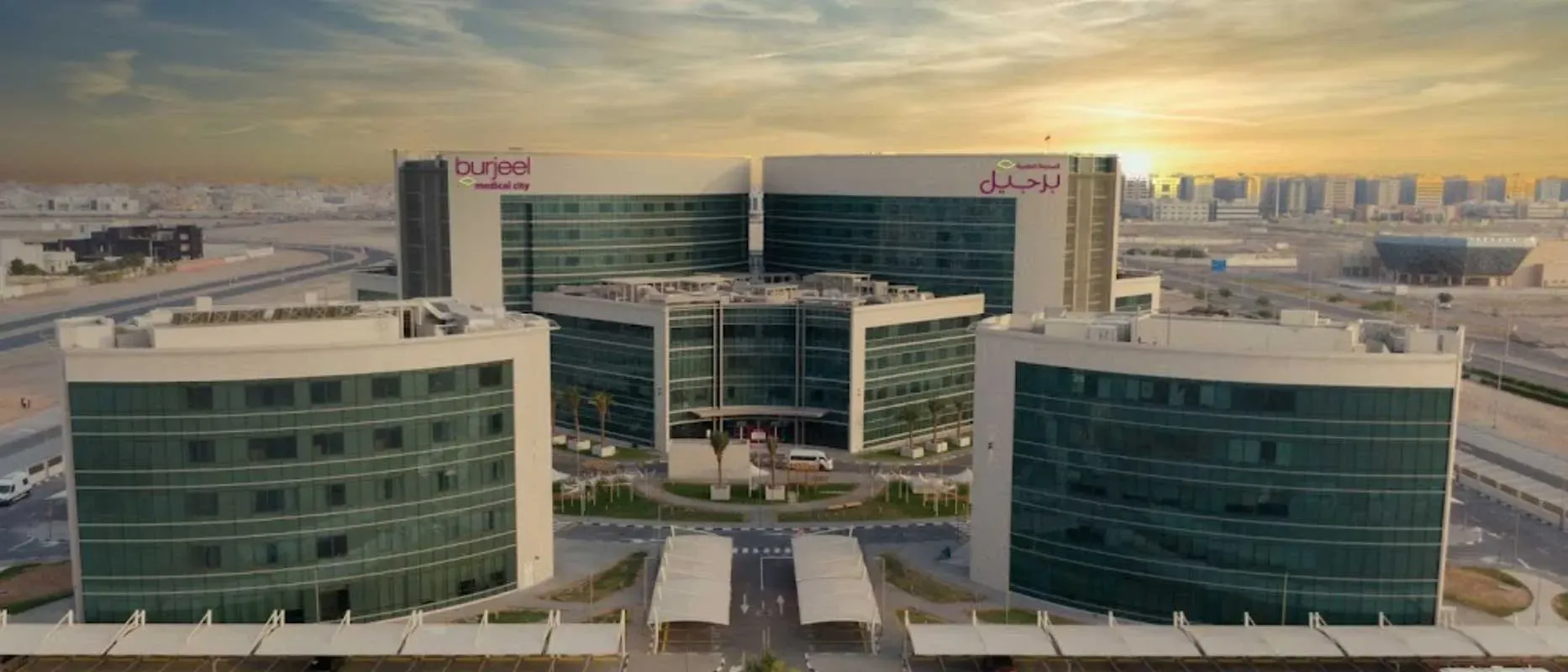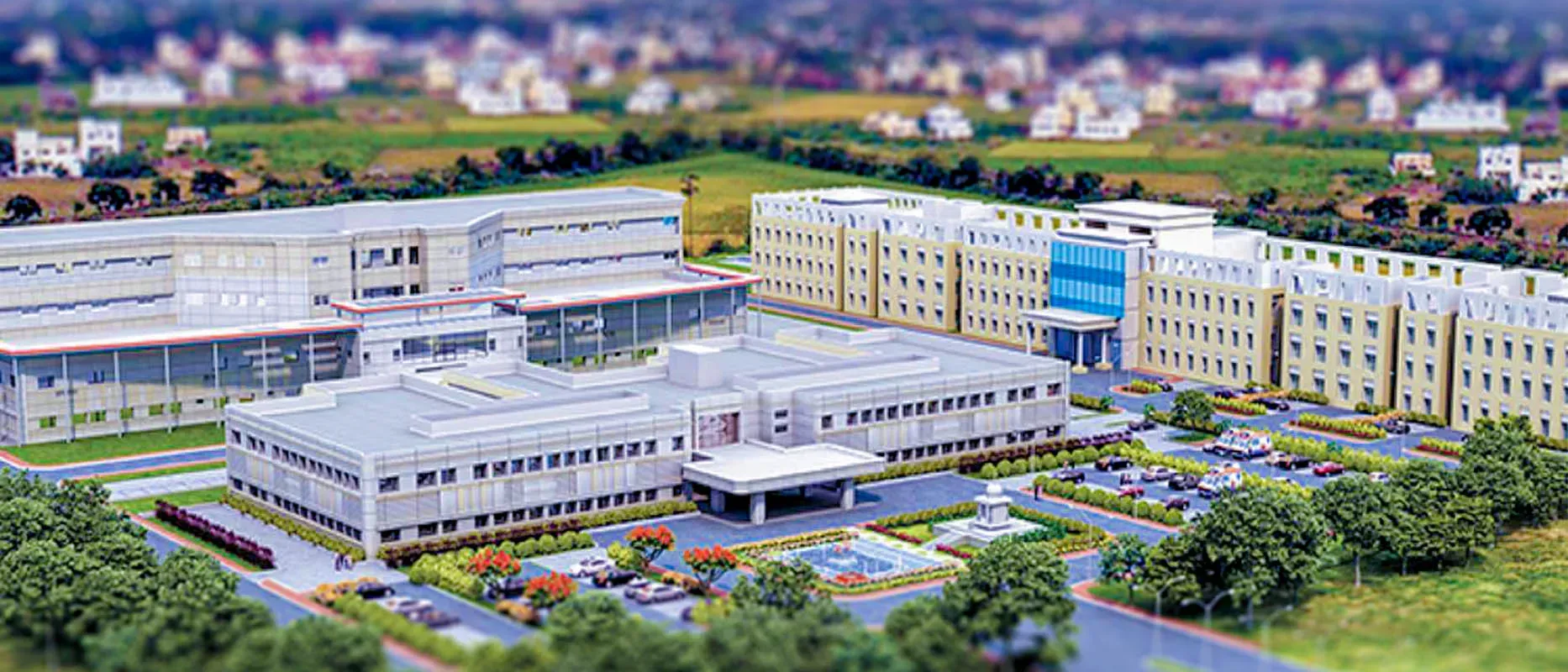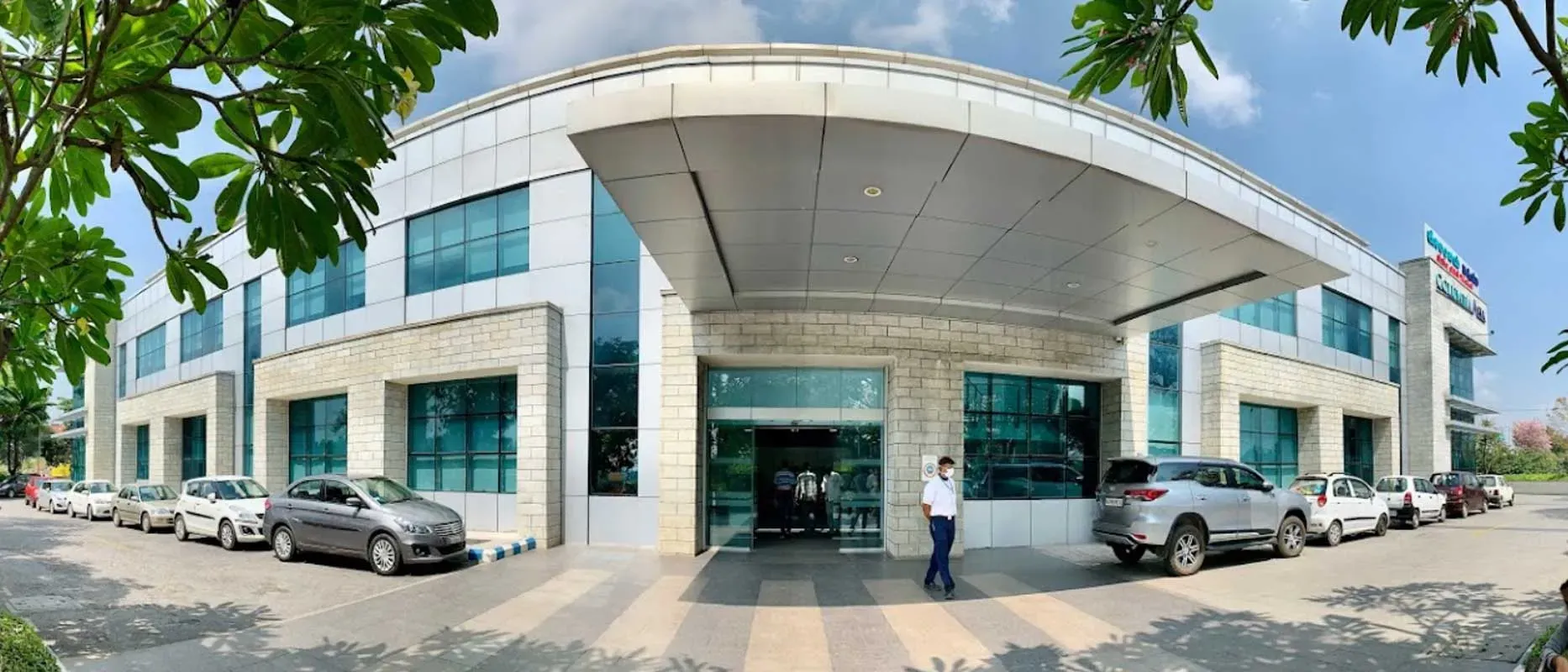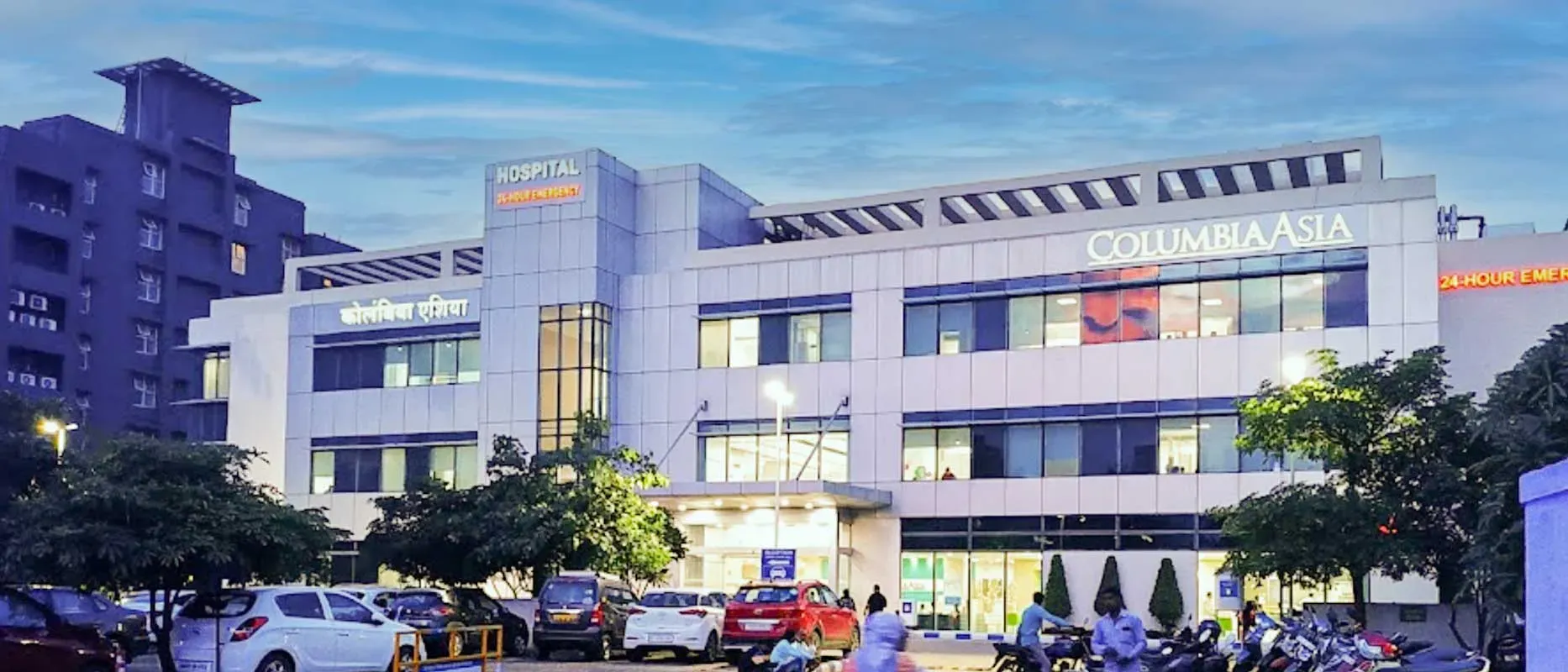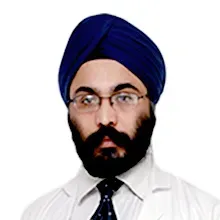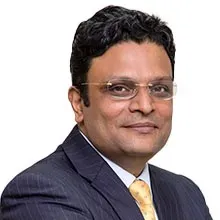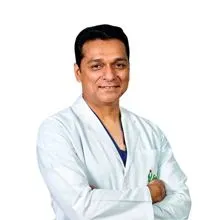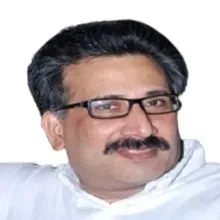Overview of Shoulder Replacement Surgery Treatment India
When the bones in the shoulder joint and the surrounding tissues become damaged, they are replaced with artificial implants, which are called Shoulder Replacement Surgery. This is also known as shoulder arthroplasty. Shoulder replacement surgery has a very high successful rate for the people suffering from extreme pain and limited mobility. Sometimes it is used when a bone is damaged excessively after a motor vehicle accident. Shoulder injuries are very common among athletes and the shoulder replacement surgery allows them to go back to athletic activities after 1 year. Shoulder replacement surgery is often considered when the pain and mobility problems do not subside with medications, injections and physical therapy. Complete recovery after shoulder replacement surgery can take several weeks and months but it depends on the condition of the patient before surgery and the cooperative behavior of the patient in doing rehabilitation exercises for strengthening the joint. The shoulder replacement has some risk and side effects that should be managed right after the surgery. The complications after surgery can delay the recovery process. And sometimes revision surgery is also required for the treatment.
Types of Shoulder Replacement Surgery Treatment India
There are several types of shoulder replacement surgeries. These types are described as follow:
- Total shoulder replacement
- Reverse total shoulder replacement
- Partial shoulder replacement
- Resurfacing shoulder replacement
- Revision shoulder replacement
Total Shoulder Replacement
In this procedure, both the ball and the socket of the shoulder joint are replaced with prosthetic components. It is the most common type of shoulder replacement surgery.
Reverse Total Shoulder Replacement
This surgery is primarily performed for individuals who have severe muscle tear of shoulder or other conditions that are not suitable for traditional total shoulder replacement. In a reverse shoulder replacement, the ball and socket are switched. The metal ball is attached to the shoulder socket, and the plastic socket is attached to the upper end of the upper arm bone. This reverse total shoulder replacement procedure also allows the effective mobility around the shoulder joint.
Partial Shoulder Replacement
This procedure involves replacing only the ball of the shoulder joint and preserving the natural socket. It is typically done when the upper arm bone head is severely damaged but the socket is unaffected and healthy.
Resurfacing Arthroplasty
This type of shoulder replacement surgery involves capping the damaged surface of the head of the upper arm bone with a smooth metal implant. The natural socket of the shoulder joint is preserved. Resurfacing arthroplasty is less common and may be suitable for the younger patients who have good bone quality.
Revision Shoulder Replacement
This procedure is performed when a previous shoulder replacement has failed or got worse after complications. It involves removing the old implants and replacing them with new components.
Procedure of Shoulder Replacement Surgery
Here is a general overview of the procedure:
Preoperative Evaluation: Before the surgery, the medical history and tests are examined to choose the best type of shoulder replacement surgery accordingly. The type of procedure chosen is not the same for all patients.
Anesthesia: before surgery anesthesia is given to ensure comfort by blocking pain. The anesthesia options can vary according to the patients. Sometimes only the shoulder area needs to be numb and sometimes the patient needs to be unconscious.
Incision: Once the anesthesia takes effect, the surgeon makes an incision on the front or side of your shoulder to access the joint.
Removal of Damaged Bone and tissue: The surgeon carefully removes the damaged parts of the head of upper arm bone and the shoulder socket. This creates space for the artificial components to fit in.
Preparation of the Glenoid: In this shoulder joint socket is reshaped and prepared to receive the glenoid component of the artificial joint. The surgeon may use screws or bone cement to secure this component.
Placement of the Humeral Component: The surgeon inserts a metal stem into the upper arm bone. A metal or ceramic ball is then attached to the stem, which will replace the damaged head of bone.
Insertion of the Glenoid Component: The surgeon fixes the plastic socket component onto the prepared socket of the shoulder. This allows the new joint to function smoothly.
Closure: After ensuring proper positioning and stability of the new components, the surgeon closes the incision with stitches or surgical staples.
Postoperative Care: after surgery, the proper medications are provided to prevent infection, pain and blood clots. Physical therapy begins within 2-3 days after surgery to speed up the recovery process.
Diagnosis of Shoulder Replacement Surgery Treatment India
Cost of Shoulder Replacement Surgery in India
The cost of Shoulder Replacement surgery in India typically begins at 5000 USD. But the actual cost may vary depending on various factors such as the specific medical condition of the patient, the skill of the surgeon, and the type of hospital and city in which the hospital is located.
Cost of shoulder replacement surgery in different cities of India:
| Treatment Cities in India |
Min in Dollar |
Max in Dollar |
| New Delhi |
$ 3376.62 |
$ 5281.38 |
| Gurgaon |
$ 3463.20 |
$ 5194.80 |
| Noida |
$ 3246.76 |
$ 5411.26 |
| Chennai |
$ 3463.20 |
$ 4978.36 |
| Mumbai |
$ 3549.78 |
$ 5281.38 |
| Bangalore |
$ 3376.62 |
$ 5108.22 |
Symptoms and Risk factors
Indications of Shoulder Replacement Surgery
Here are some indications for shoulder replacement surgery:
- Osteoarthritis of the shoulder
- Rheumatoid arthritis
- Rotator cuff tear
- Avascular necrosis (osteonecrosis) of the shoulder
- Post-traumatic arthritis
- Failed previous shoulder surgeries
- Severe shoulder fractures
- Chronic shoulder instability
- Tumors or growths affecting the shoulder joint
Risk factors of Shoulder Replacement Surgery
Shoulder replacement surgery is highly successful treatment but it carries some of the risk factors which are:
Infection
Like any surgical procedure, shoulder replacement surgery also has a risk of infection. Although it can be treated with medications but in severe conditions a new surgery is required with new prosthesis, which is termed as revision surgery.
Blood Clots
Blood clot formation in the veins of the lung is a major risk factor after surgery. It can also travel to the lungs and cause severe complications. So it is important to take medications for preventing blood clot formation.
Implant Problems
Sometimes implants can displace and may cause damage in the shoulder joint which can lead to severe complications. In some cases, a revision surgery is required for treatment.
Damage to Nerve and Blood Vessels
During surgery, there is a small risk of damaging nerves or blood vessels in the surrounding area. This can lead to numbness, pain, weakness, or circulation problems in the shoulder. The whole arm of the affected joint becomes numb.
Allergic Reactions
Some people have allergy to metals that are used in the components of prosthesis. These may cause severe pain and swelling which limits joint mobility.
Pain and Stiffness
Sometimes the poor circulation and mobility can cause severe pain in the shoulder joint. The lack of motion in the joint makes the surrounding muscles stiff which can lead to activity limitations.
Poor Wound Healing
The infections and poor circulation in the joint can make it difficult to heal the wound completely. They may cause severe complications and delay the recovery.
Top Hospitals for Shoulder Replacement Surgery in India
Shaping the future of the healthcare institution and establishing the path to accomplishment.
Top Doctors for Shoulder Replacement Surgery in India
Empower your Health with the Expertise of Leading Medical Professionals.
Treatment Costs for Shoulder Replacement Surgery
Be the change and be an opportunist in transforming healthcare.
How it's Works
Guiding your Journey from Discovery to Treatment Planning and Beyond.
Discovery
Get a consultation to discover about your treatment
Pre-Treatment
Admission to the best hospital and all pre-treatment facilities
Post Treatment
Get post-treatment follow-up care with medicine fulfillment
Treatment Planning
Hassle-free treatment planning with package & cost estimations
in-treatment
world-class quality procedures and equipment for treatment













